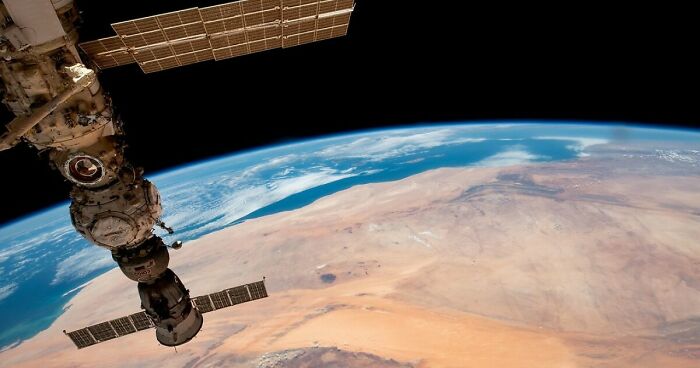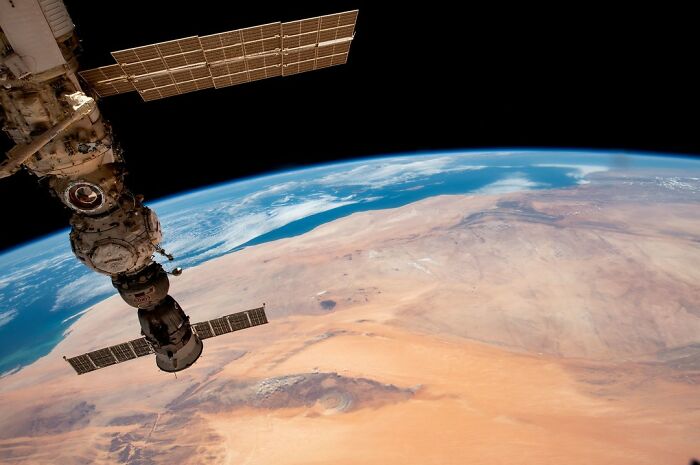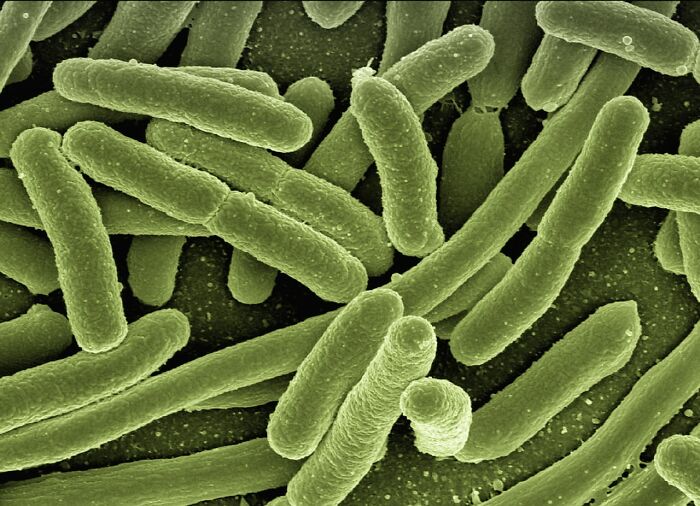Bacteria in space, particularly aboard the International Space Station (ISS), are not just surviving—they’re thriving and evolving into forms distinct from their Earth-bound counterparts. This rapid evolution has raised questions among researchers who are studying these changes to understand how they could potentially impact astronaut health and future space exploration.
Contrary to what space movies show, the ISS is not a pristine, germ-free, and squeaky-clean environment. Think of it as a regular home that is teeming with microbial life, which cannot be seen by the naked eye.
Any environment where humans are present will have bacteria present, even space. Despite rigorous cleaning protocols and sanitation measures, these bacteria are usually brought to the ISS by astronauts and their equipment. Once these microscopic stowaways are in space, they adapt to the station’s unique conditions of microgravity and radiation, creating a new arena for microbial colonization and evolution.
A new study put the spotlight on how bacteria can adapt to harsh conditions, like those in space
Image credits: NASA
A new scientific study, led by Dr. Kasthuri Venkateswaran of NASA’s Jet Propulsion Laboratory and funded by an Ames Space Biology grant, recently cast a spotlight on the mutating bacteria in space.
Particular strains of the bacteria Enterobacter bugandensis were observed by the researchers of the study, published in the Microbiome journal.
Five strains of E. bugandensis were found on the space station in 2018, and these strains have since mutated, according to IFLScience. Now, the recently published study reported the existence of 13 strains.
The scientists found that 13 strains of the bacteria Enterobacter bugandensis had mutated into forms that were different from their Earthy counterparts
Image credits: geralt via Pixabay (Representational Image)
The researchers noted that the strains have mutated to become genetically and functionally different from their counterparts on Earth.
“We identified certain genes from our study that are exclusively present in organisms associated with the ISS, but not in their terrestrial counterpart,” the paper said.
The research helped scientists understand how bacteria can adapt to harsh conditions, like those in space, and this knowledge is crucial in protecting the health of astronauts as they live and work in the closed, human-built environments of space stations.
Findings such as these help scientists develop methods to protect the health of astronauts against ever-evolving microbial life
View this post on Instagram
NASA, which called E. bugandensis a “bacterium notorious for being multi-drug resistant,” said that the 13 strains were able to “viably persist in the ISS over time with a significant abundance.”
“E. bugandensis coexisted with multiple other microorganisms, and in some cases could have helped those organisms survive,” NASA said in the April 16 press release.

 Dark Mode
Dark Mode 

 No fees, cancel anytime
No fees, cancel anytime 





















































60
9